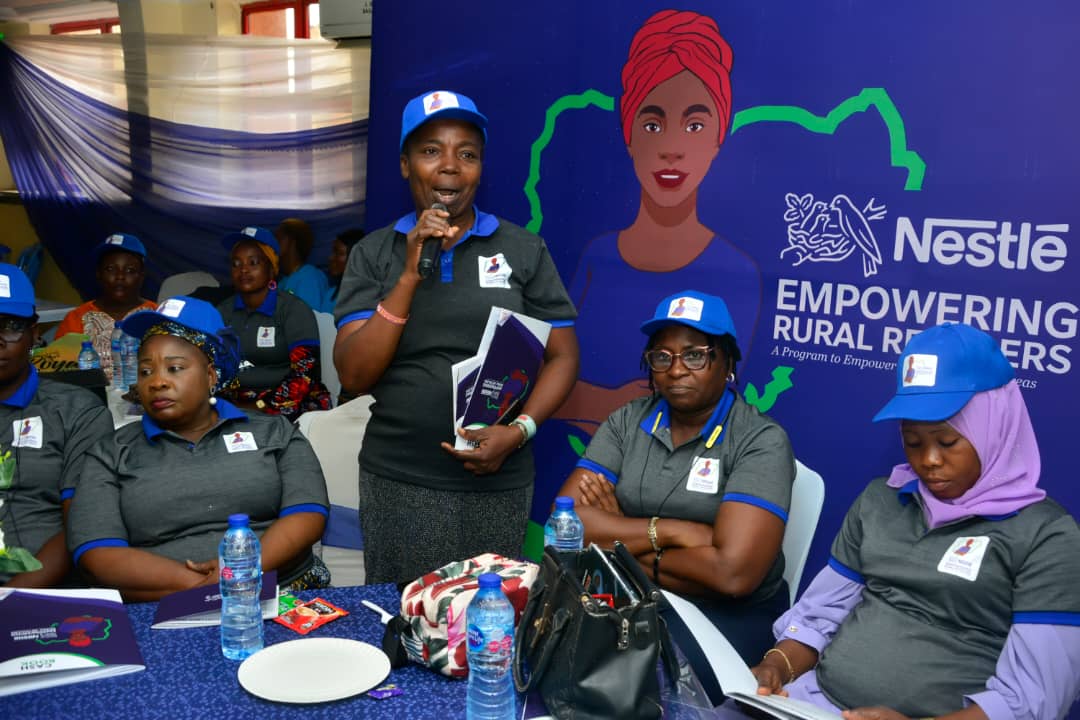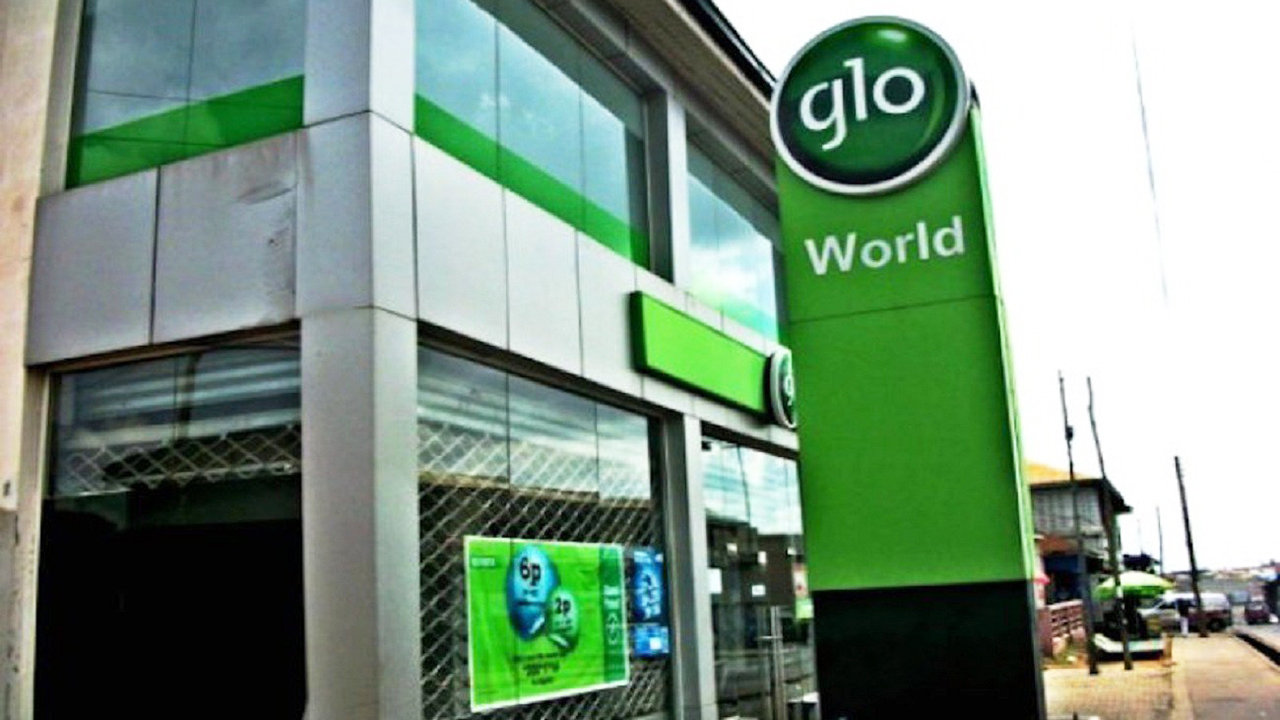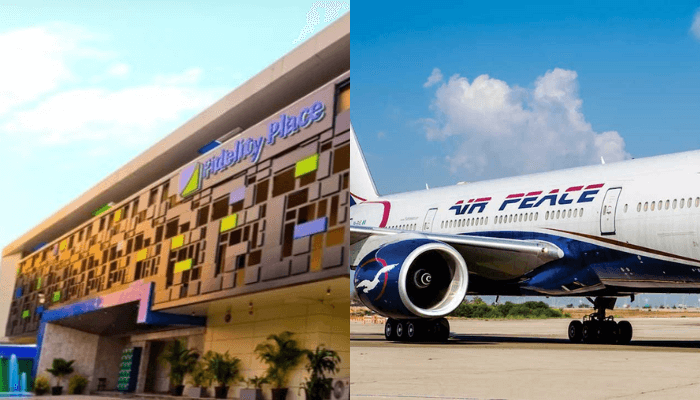Business
Business Growth: Nestlé Sustains Supports for Rural Women Retailers

Since August 2021, Nestlé Nigeria has helped 332 women to scale up their businesses
by 300% and to sustain the new level through the Nestlé Empowering Rural Women in Nigeria Project. The beneficiaries are women within Nestlé Nigeria’s value chain, running small businesses in rural areas across Nigeria.
Empowering Rural Women in Nigeria by helping them build financial security to improve their livelihoods is one of the ways through which Nestlé Nigeria is Creating Shared Value along its value chain. The program was established to help beneficiaries scale up their businesses and sustain the new level of up to three times the size of their existing
businesses.
This objective is achieved through business training covering merchandizing, book-
keeping and customer service, mentorship and coaching in addition to grants in form of Nestlé products valued at 300% of their monthly sales at the time of joining the program.
The beneficiaries are subsequently registered in a 3-month mentorship program and each woman is linked to a personal mentor for one-on-one coaching to ensure adoption of the key learnings from the training received to achieve the desired success. Over 60% of the beneficiaries achieve the 300% target growth within the 3-month coaching period!
Aminat Kolawole is one of the 332 women across the country, supported by Nestlé
Nigeria to scale up their businesses through the Nestlé Rural Women empowerment
Program. Aminat, an indigene of Batoro community in Ogun state, has been running a small business for 8 years in Sagamu, where she sells food and beverages, toiletries, drinks, house-hold consumables among others. She is excited that her business, Idera Oluwa stores, was selected for the project. “I believe that this opportunity will provide the necessary knowledge and resources to grow my business so I can earn more money to support my family and cater for my children’s education”.
Speaking at the inauguration of the 7th batch into the Project in Sagamu, Nestlé Nigeria’s Commercial Manager, Khaled Ramadan, said “Creating shared value within our communities is core in the way we do business. At Nestlé, we strive to make positive impact on society while ensuring the sustainability of our business. The Rural Women Empowerment Program is not a one-time event but an ongoing process of value creation.
The stories and testimonials from previous beneficiaries, particularly 100% to 200%
business growth within three months of joining the program, encourages us to do more. Onboarding women from Sagamu, one of our host communities, is a significant milestone in our commitment to empowerment and sustainable development and we are proud to have an opportunity to make a tangible difference in their lives”.
Also speaking at the event, Mr. Phranklin Audu, Lead Facilitator & Head, Strategic
Partnerships at FDConsults, implementation partner of Nestlé Empowering Rural Women
in Nigeria Project said, “We have amazing testimonials from previous beneficiaries.
Through this project, Nestlé continues to help solve the challenge of poverty by
empowering rural women across Nigerian communities, lifting them off the poverty spectrum and improving their livelihoods. We are delighted to be project partners for the training and mentoring on this credible initiative”.
According to Kabiesi Odofin Soyindo who represented the Akarigbo of Remoland, HRM Oba Babatunde Adewale Ajayi, “I commend Nestlé for this sustainable venture and empowerment of Sagamu women. This is a noble initiative, and we are glad that our community is benefitting from corporate programs like this from Nestlé. To the beneficiaries, I urge you to establish your priorities and judiciously use the grants provided to you for the expansion of your businesses.”
Expressing her delight on behalf of other beneficiaries, Aminat said, “We are greatly
pleased at the opportunity to be included in this program. We are looking forward to the
learning and mentoring sessions which will equip us to run our businesses more
effectively. A big thank you to Nestlé for investing in us. Our promise to the company is that we will maximize this opportunity for the benefit of our families and communities”.
For Folasade Ogunjimi of Save Way Stores Sagamu, another beneficiary of the program, “This is the first time a company is bringing this amazing initiative to retailers in Sagamu in my 25 years of running this business. We sincerely appreciate this well planned and considerate gesture by Nestlé towards supporting and expanding our businesses”.
Community leaders, including the Vice Chairman of Sagamu Local Government Area and Executive members of the Royal Initiative for the Development of Sagamu Community, RIDSCO, also attended the event.
Nestlé Empowering Rural Women in Nigeria Project began in August 2021, with 50
female retailers from the suburbs of Abuja. Currently, 332 women from the South-East,
Business
FirstBank Partners Verve to Issue Free Debit Cards in Nationwide Promo

First Bank of Nigeria Limited (FirstBank), Nigeria’s premier and leading financial inclusion services provider, has announced the launch of the Verve Flash Promo, a special initiative rewarding customers with free Verve cards.
The campaign, which commenced on 6 October 2025, and will run until 30 January 2026, is exclusively targeted at FirstBank customers whose ATM cards have expired.
The free cards will be issued daily to 131 customers on a first-come, first-served basis across the Bank’s branches, nationwide. FirstBank’s unwavering commitment to convenience, accessibility, and customer satisfaction.
Speaking on the rewards to FirstBank customers, Chuma Ezirim, the Group Executive, e-Business and Retail Products at FirstBank, said: “The Verve Flash Promo is not just about rewarding customers with free verve debit cards; it is about celebrating our legacy of 131 years of trust, resilience, and innovation in the Nigerian financial services industry. At FirstBank, we remain committed to providing customer-centric solutions that enable secure, seamless, and convenient payment experiences. Partnering with Verve International on these initiatives, including the Verve Good Life promo, underscores our shared vision of deepening financial inclusion while rewarding our loyal customers for their continuous patronage.”
Also commenting, Vincent Ogbunude, Managing Director, Verve International, noted:
“Through strategic collaborations like this with FirstBank, we continue to demonstrate Verve’s commitment to enhancing access to seamless payment solutions for every Nigerian. The Verve Flash Promo not only rewards loyal customers but also reinforces our vision of making everyday transactions more rewarding, secure, and convenient. As we extend the Good Life Promo, we remain steadfast in our goal of deepening financial inclusion while delivering real value to Verve cardholders across the country.”
Meanwhile, the ongoing Verve Good Life promo, designed to reward Verve debit card holders for using their cards at specific merchant points, has been extended to 30 November 2025.
During the period, Verve Card holders enjoy 10% cashback at The Place Restaurant, Quickteller, Buypower, Filmhouse, AlliExpress, Addide Supermarkets, and Chowdeck app every Thursday to Sunday.
Verve cardholders can now enjoy a 10% cashback on the Google Play Store any day of the week throughout the Good Life Promo, which runs until 30 November 2025. Moreso, every transaction made with a Verve card whether on ATMs, POS terminals, or online platforms automatically earns customers a chance to win up to ₦1,000,000.
Business
Glo Enhances Data Bundles, Offers More Data at No Extra Cost

Nigeria’s leading telecommunications company, Globacom, has announced enhancement of its data bundles to give subscribers more data volume at the same affordable prices.
The upgrade reinforces the company’s commitment to providing superior value and exceptional customer satisfaction.
The upgraded Glo Data Bundles are enhanced versions of the existing daily, weekly, and monthly plans, giving subscribers more data at no additional cost.
These improvements offer users greater freedom and convenience to enjoy their favourite online activities from streaming and gaming to social media, video calls, and more.
For daily users, the ₦100 plan has been upgraded from 105MB to 125MB, giving light internet users even more data to browse, chat, and stream short videos conveniently.
The weekly bundles have also received notable boosts, such as the ₦1,500 plan, which now offers 6GB instead of 5.9GB, enabling subscribers to stay connected longer.
Heavy data consumers will also enjoy remarkable value on the monthly plans. The ₦2,000 bundle now gives 6.25GB, while the ₦10,000 package has been enhanced from 38GB to 42GB, allowing users to do more from video streaming and large file downloads to remote work and virtual meetings.
Students are not left out, as the Campus Booster Plan has been upgraded with higher data allowances, ensuring seamless access to academic resources and social networks while on campus.
Globacom noted that the revised bundles are available to all Glo customers prepaid, postpaid, and hybrid and can be activated by dialing *312#, using the Glo Café app (available on Android and iOS), or visiting hsi.glo.com.
The company added that subscribers can use, share, or gift data through *312# or the Glo Café app. Customers will also continue to receive data usage alerts at 75% and 100% consumption levels to help monitor usage effectively.
Unused data is automatically rolled over upon renewal before expiry or when a new plan is purchased within the grace period (ranging from one to seven days, depending on the plan).
Globacom reaffirmed its commitment to empowering Nigerians with reliable and affordable data access, urging customers to take advantage of the revised data bundles that combine affordability, quality, and more browsing power ensuring every Glo subscriber enjoys more data without paying more.
Business
Maiden Flight to Heathrow Airport: Fidelity Bank Hails Air Peace

Fidelity Bank Plc has congratulated Air Peace on the successful launch of its maiden direct flight from Lagos to London Heathrow, describing the milestone as a significant achievement for Nigeria’s aviation sector and a testament to the power of indigenous partnerships.
The commendation was delivered by Dr. Nneka Onyeali-Ikpe, managing director of Fidelity Bank, during a special event held in Lagos to celebrate the airline’s expansion into the European market.
“This is not just a win for Air Peace, but a win for Nigeria,” Onyeali-Ikpe said. “It reflects the strength of home-grown businesses and the impact of strategic financial support in enabling national champions to thrive on the global stage.”
Nigeria CommunicationsWeek reports that Fidelity Bank has played a pivotal role in Air Peace’s growth, providing early financial backing and advisory services that helped the airline become the largest carrier in West Africa. The bank continues to support Air Peace through payment processing and other financial services
The launch of the London route marks a new chapter for Air Peace, which now joins a select group of African airlines operating direct flights to Heathrow.
The development is expected to boost tourism, trade, and connectivity between Nigeria and the United Kingdom.
Speaking at the event, Allen Onyema, Chairman of Air Peace, expressed gratitude to Fidelity Bank for its unwavering support and reaffirmed the airline’s commitment to excellence and service.
“This partnership has been instrumental in our journey,” Onyema said. “We are proud to fly the Nigerian flag across international skies.”
Industry stakeholders present at the event praised the collaboration between the two companies as a model for sustainable business growth and national development.






